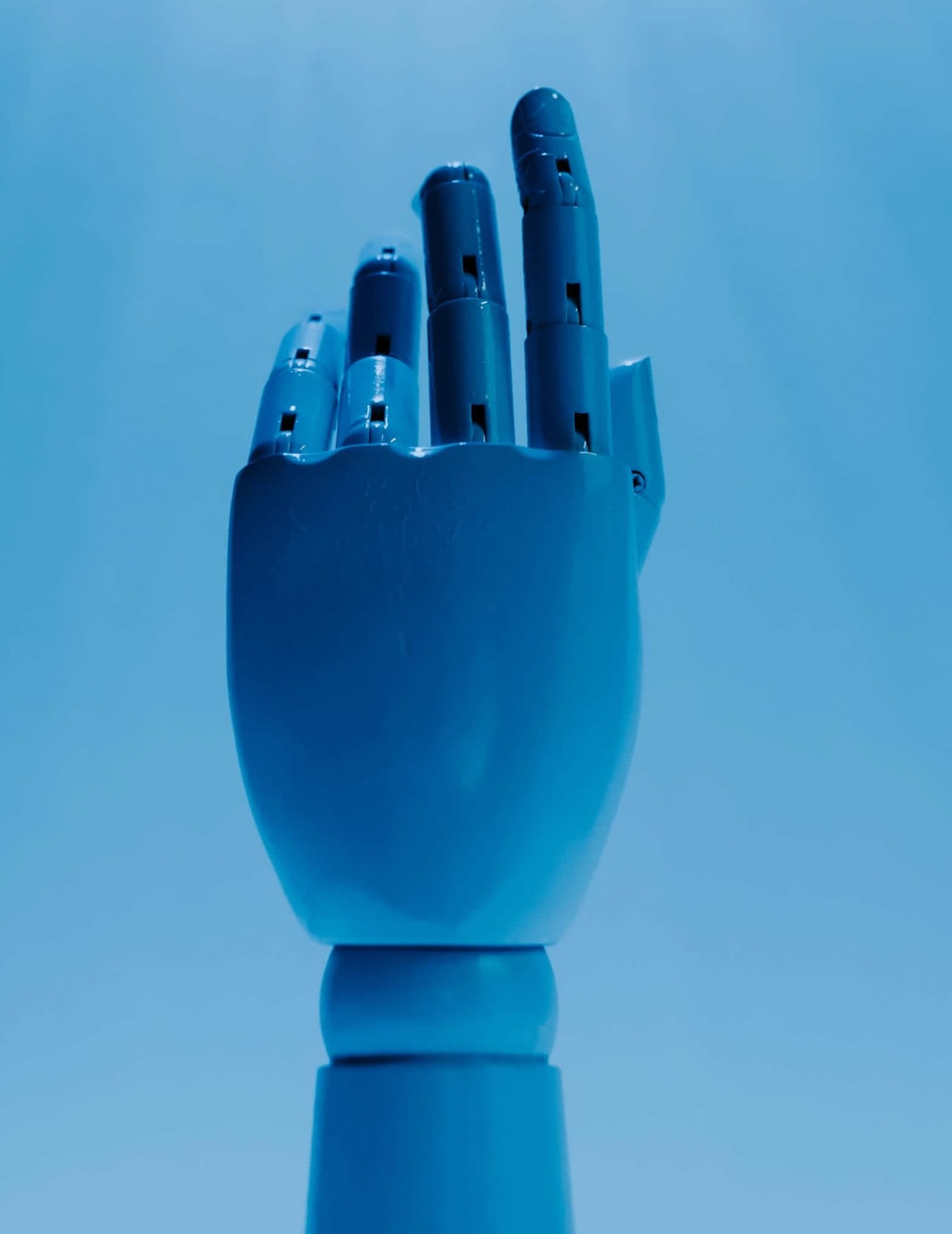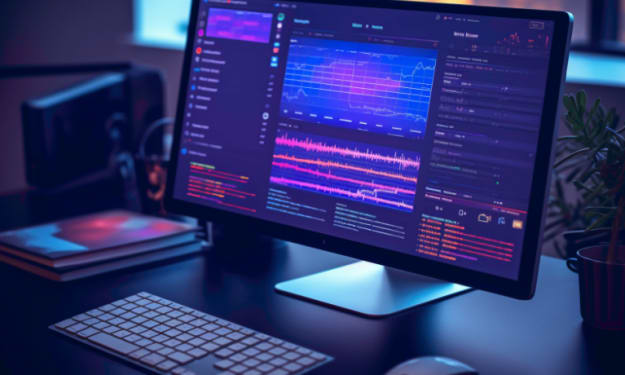The AI Job Snatcher Is At Your Door
Jobs that AI Will Be Snatching In The Immediate Future

The office space is currently entangled with this perception that with the fierce dive into the use of AI, soon and very soon AI will virtually replace everyone and we will soon be running human-less offices. I used to brush this idea aside until I was able to generate a full report for our annual general meeting with about 80% AI input.
This set me thinking, are we truly on the verge of replacing humans with robots? The topic has ever since been of great interest to me until I came across a research paper by Pew Research Center in America, a non-partisan research organization.
I have done my best to lay down key facts that I believe may concern anyone in the job industry to allay the fear that robots are at the door waiting to take over from humans and more especially the elderly.
Let's Examine the Jobs that AI May Snatch from You Soon
The fear that artificial intelligence (AI) will take away the livelihoods of older adults has been expressed often since ChatGPTand other AI generative came on the scene
Of course, not all jobs are the same, nor is the potential threat AI technology may pose to various occupations. In the United States alone nearly 1 in 5 workers have jobs likely to have the most exposure to AI, according to a report from the Pew Research Center which in a way is trying to avoid equating exposure with actual risk of job loss.
Budget analysts, data entry personnel, tax preparers, technical writers and web developers are among the jobs in the high-exposure category, Pew says, Jobs rated as less exposed include the hands-on work of barbers, child care workers, dishwashers, firefighters and pipe layers.
Several other positions fall somewhere in the middle and include chief executives, fundraisers, interior designers, sales managers and veterinarians.
In occupations where AI can manage to perform the most important tasks a job requires with little or no human intervention were considered more exposed or have a higher probability of being taken by robots.
For example, AI could replace, at least to a degree, tasks such as "getting information,” “analyzing data or information” and “working with computers,” Pew stated profoundly.
Generative AI or AI assisted systems can create conversational answers in text messages, create images or audio to questions it is asked, generally relying principally on its database of knowledge. Most early use of generative AI has also revealed that AI can make things up while sounding authoritative in most ways.
Less exposed jobs are those where AI alone cannot assist and care for others like humans can do or perform general physical activities. A caregiver, both paid or a member of the family fits this description.
Will AI replace me at work?
Pew rated a total set of 41 job-related work activities considered common to all occupations. But Pew pointed to the critical question of whether exposure to AI will lead to job losses or perhaps job gains. The reason: AI could either replace or complement what workers do.
A senior researcher at Pew is also of the view that AI technology is relatively new technology and we don’t know how it’s going to roll out shortly.
Powerful chatbots could replace customer service agents. Or instead, AI could help human agents bolster productivity.
I was of the view that, if generative AI delivers on its promised capabilities, the labor market could face significant disruption. Comparing data I came across for both US and Europe, I realized that roughly two-thirds of current jobs are exposed to some degree of AI automation, and that generative AI could substitute up to one-fourth of current work.
Among the findings:
• Almost a quarter of the workforce, 23 percent, are likely to work in jobs that have less exposure to AI than work in those with more exposure, 19 percent.
• College graduates, Asians, women and well-paid employees work mostly in more exposed jobs.
• Jobs that require more critical thinking, math, science, writing and other analytical skills also have more exposure.
Age is not much of a factor
Among the groups that are least exposed are younger workers and those with less formal education. But otherwise, age doesn’t play much of a factor. Roughly 1 in 5 workers in all age groups 25 and older are likely to see similar levels of exposure.
From the final results Pew came out with, many people in jobs with more exposure are less concerned about their own risks from expanding AI. About a third of workers surveyed in the information and technology fields believe AI will help more than hurt in the next 20 years, compared to 16 percent of all U.S. adults.
The majority of the Pew report is based on the Labor Department's Occupational Information Network and Bureau of Labor Statistics.
If you are currently in jobs that has to do with designing, writing, copywriting, video production, speaking, business management, and sales you can find out how this AI System from Leonardo could improve or make your delivery much better.
Why AI will never replace humans | Alexandr Wang | TEDxBerkeley
If you like my contribution please subscribe to encourage me. Thanks
About the Creator
Nathal Nortan
About Me:
Embark on a journey through the sultry landscape of love, science, and technology. I'm an unapologetic wordsmith and fervent explorer of the heart's deepest desires. My tales are woven with threads of deep care for humanity.






Comments
There are no comments for this story
Be the first to respond and start the conversation.